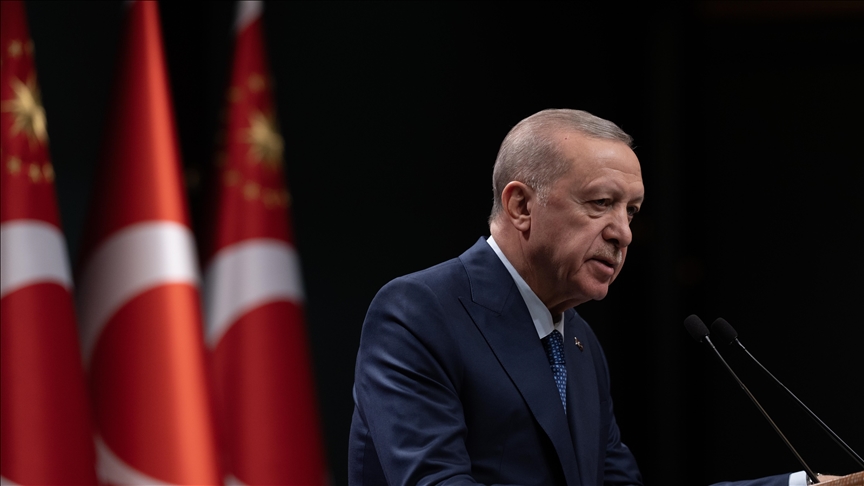Türkiye halts money transfers from Russia
Turkish exporters are grappling with the refusal of banks to transfer money from Russia, the Turkish publication Ekonomim reported on Jan. 16.
“Many exporters are raising concerns about their inability to receive payments in Turkish lira or rubles from Russia,” Ekonomim said.
“Private banks are either sending back these transfers or rejecting them at the initial transaction stage, purportedly due to sanctions on specific products.”
Read also: National Bank of Ukraine says military spending accounts for differences between 2023 and 2024 state budgets
The problem has escalated since December 2023 and money transfers have almost ceased since Jan. 1, dealing a severe blow to exports. Turkish businesses are anxiously awaiting decisions that will enable them to sustain their trade with the Russian Federation.
These issues can be attributed to the broadening of Western sanctions, bringing with them fears that Turkish banks and intermediaries could themselves fall under secondary sanctions. As a consequence, Turkish financial institutions are seemingly erring on the side of caution by rejecting payments, even for goods not subject to sanctions.
The Turkish Trade Ministry has begun collecting data on such refusals, Ekonomim said.
It has become more difficult for Russians to register companies in Türkiye or open accounts in local banks. Companies complain that they cannot get clear information from banks about the reasons for the payment rejections.
Read also: Partition of Ukraine a major global risk in 2024 — TIME
“Türkiye could take measures to achieve its exclusion from the gray list of G7’s Financial Action Task Force on Money Laundering (FATF),” the newspaper said.
“While the regulation of cryptocurrencies remains the only outstanding measure for Ankara to comply with FATF standards, this area also encompasses related issues of combating money laundering and restricting the financial flows of criminal organizations.”
The United States had reportedly imposed sanctions on more than 250 individuals and entities involved in evading Russian sanctions and supplying weapons and technologies to Russia.
This list included individuals engaged in the sale of military equipment and ammunition from North Korea to Russia. The U.S. also expanded measures against third-country entities materially supporting Russia and restricted Russia’s use of the international financial system.
U.S. President Joe Biden signed an executive order strengthening sanctions against Russia, targeting financial institutions supporting Moscow’s war effort, the White House said in a press release on Dec. 22.
Sanctions have deprived the Russian Central Bank of access to about half of its international reserves. Russian banks turned to China’s UnionPay in 2022 ,after Visa Inc. and Mastercard Inc. suspended their activities.
Chinese state banks are now reportedly scrutinizing their clients’ connections with Russia.
We’re bringing the voice of Ukraine to the world. Support us with a one-time donation, or become a Patron!
Read the original article on The New Voice of Ukraine




